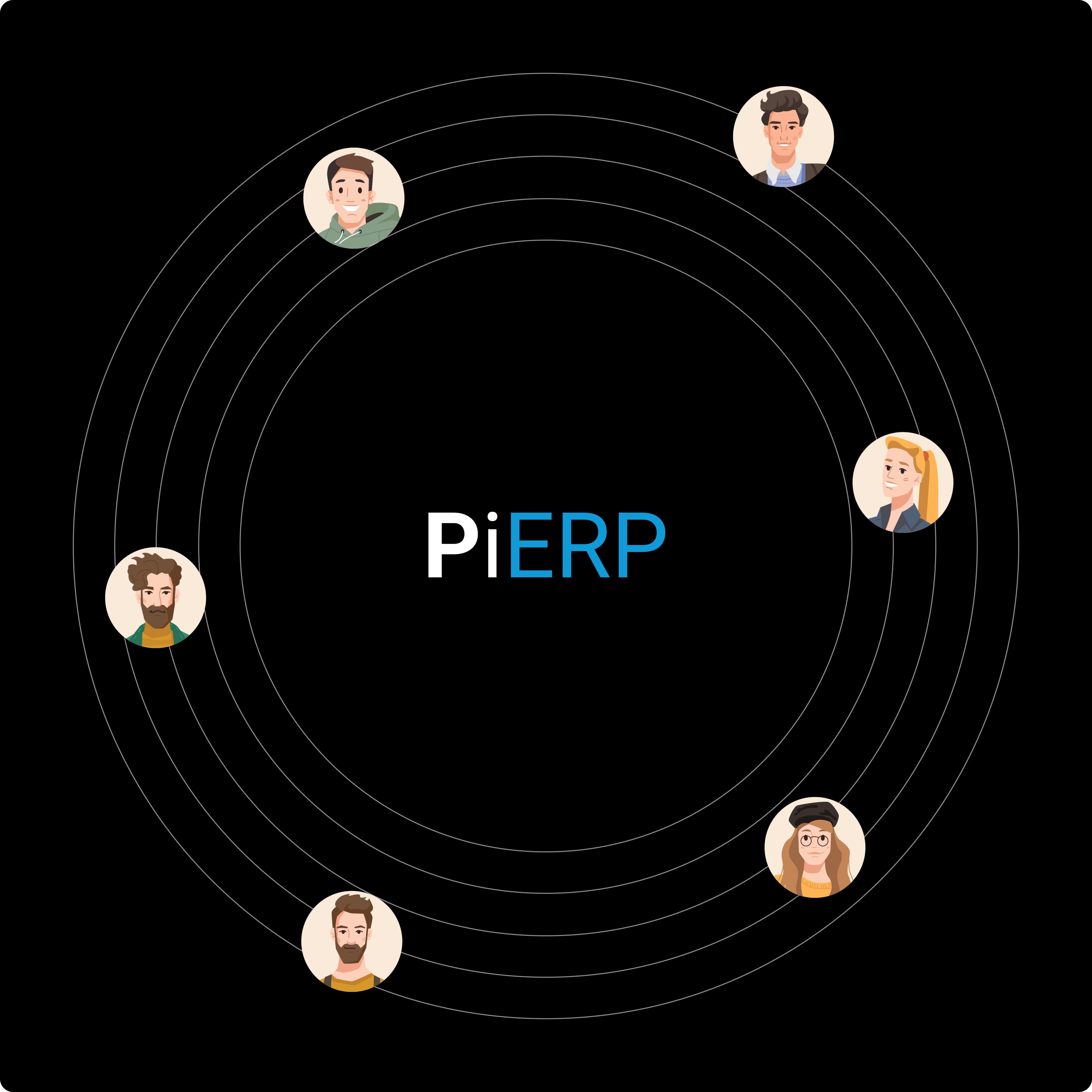In today’s competitive digital landscape, online stores need more than just a functional website and quality products to succeed. Behind every successful e-commerce business is a powerful engine driving operations — and that’s where ERP (Enterprise Resource Planning) integration comes into play. By connecting your ERP system with your online store, you can unlock a host of efficiencies that directly impact sales and customer satisfaction.
Why ERP & E-Commerce Integration Matters
1. Real-Time Inventory Management
One of the biggest pain points for e-commerce businesses is inventory control. Without real-time data, stock-outs or overselling can happen easily. ERP integration ensures your online store always reflects accurate stock levels, reducing order cancellations and increasing customer trust.
With PiERP’s Inventory Module, stock updates happen instantly across your channels — be it your website, warehouses, or retail outlets.
2. Automated Order Processing
Manually entering online orders into your backend system is not only time-consuming but also error-prone. ERP integration automates the order-to-cash cycle — from order confirmation and invoicing to shipment and delivery.
The Sales Module from PiERP streamlines your entire order management process, giving your customers faster delivery and reducing operational headaches.
3. Improved Customer Experience
Modern consumers expect seamless experiences: accurate order tracking, timely deliveries, and transparent communication. With integrated systems, customers receive real-time updates and service teams have complete access to order history and customer details.
PiERP’s CRM Module helps ensure that your support teams are equipped to provide top-notch service, enhancing customer satisfaction and loyalty.
4. Better Data for Smarter Decisions
An integrated ERP-eCommerce setup collects valuable data across all departments — sales trends, product performance, customer behavior, and more. This data is essential for making informed decisions, optimizing marketing campaigns, and forecasting demand.
5. Scalability Without Growing Pains
As your e-commerce business expands, manual processes become unsustainable. ERP integration allows you to scale operations efficiently, adding new products, channels, or even international markets without a proportional increase in workload.
PiERP’s scalable architecture supports growth without compromising performance or customer experience.
Challenges Without Integration
Businesses operating with siloed systems often face:
- Delayed order processing
- Inaccurate inventory and pricing
- High return rates
- Poor customer communication
- Increased operational costs
Over time, these issues can severely hurt your brand and sales performance.
How PiERP Empowers E-Commerce Businesses
At PiERP, we offer robust ERP solutions that seamlessly integrate with leading e-commerce platforms, ensuring:
- Real-time inventory updates
- Automated workflows from order to delivery
- Enhanced customer experience through unified data
- Scalable solutions for growing brands
Whether you run a B2B, B2C, or hybrid model, PiERP’s integrated ERP solution gives you the tools to operate more efficiently and grow faster.
Conclusion:
ERP and e-commerce integration is more than a technical upgrade — it's a strategic investment. It streamlines operations, reduces errors, and delivers a superior customer experience, all of which translate into higher sales and stronger brand loyalty.
If you're ready to take your online business to the next level, explore PiERP’s powerful ERP solutions and see how we can help your e-commerce store scale smarter and sell better.






